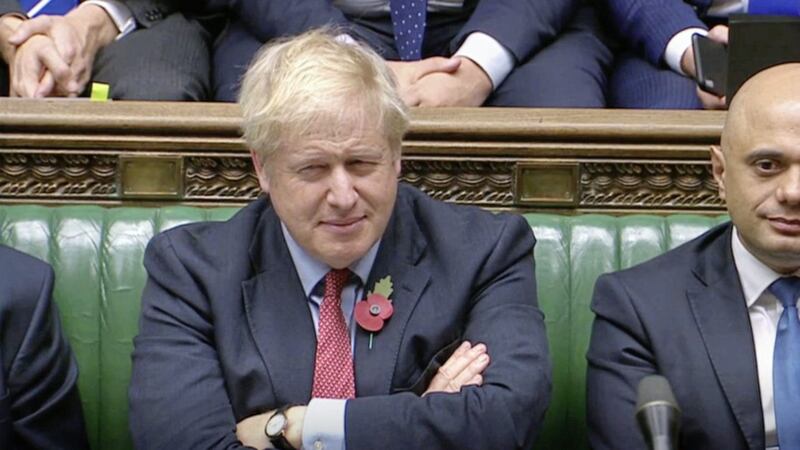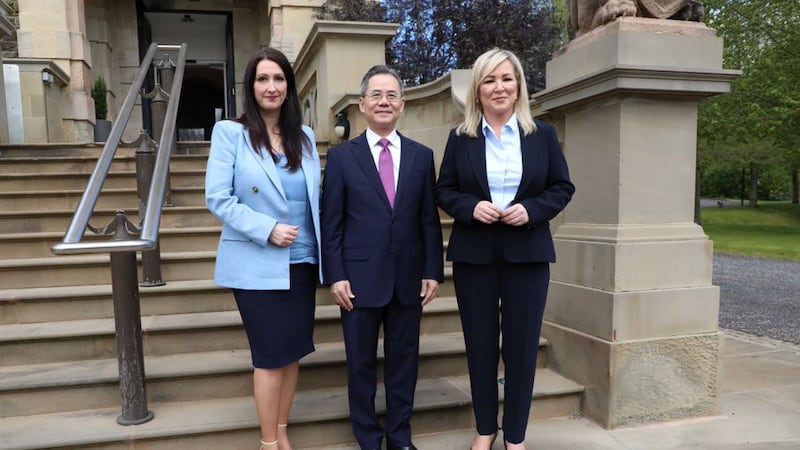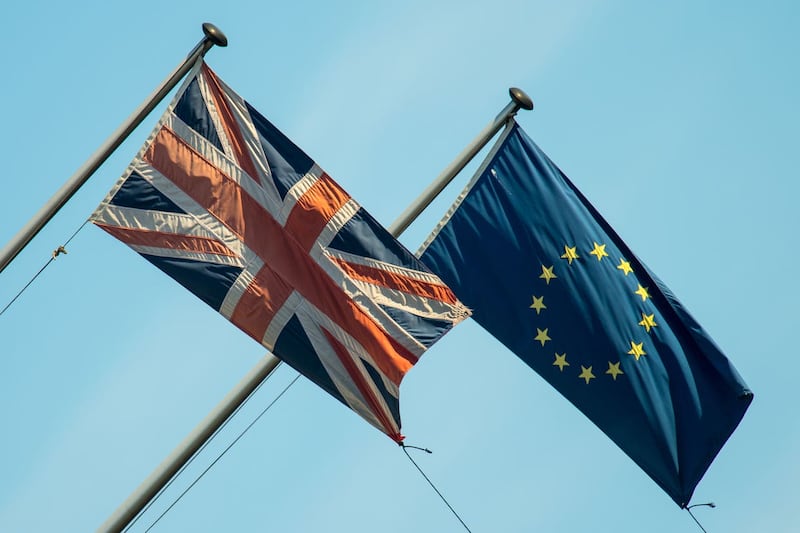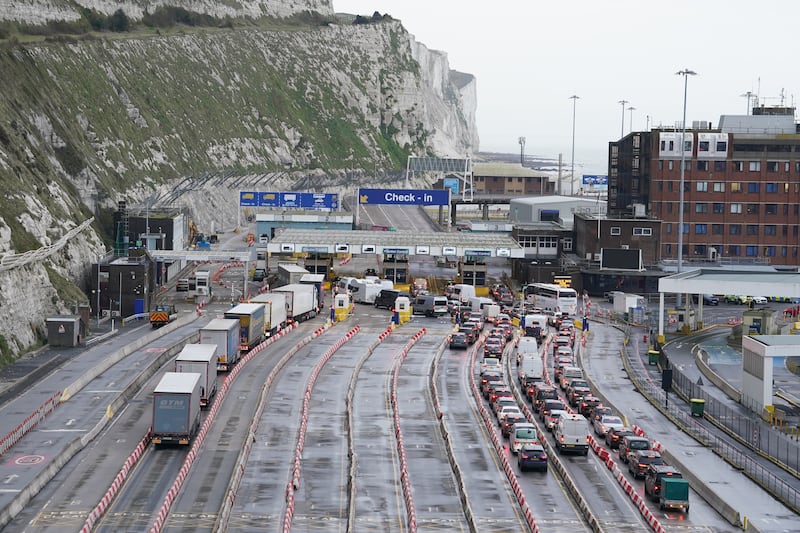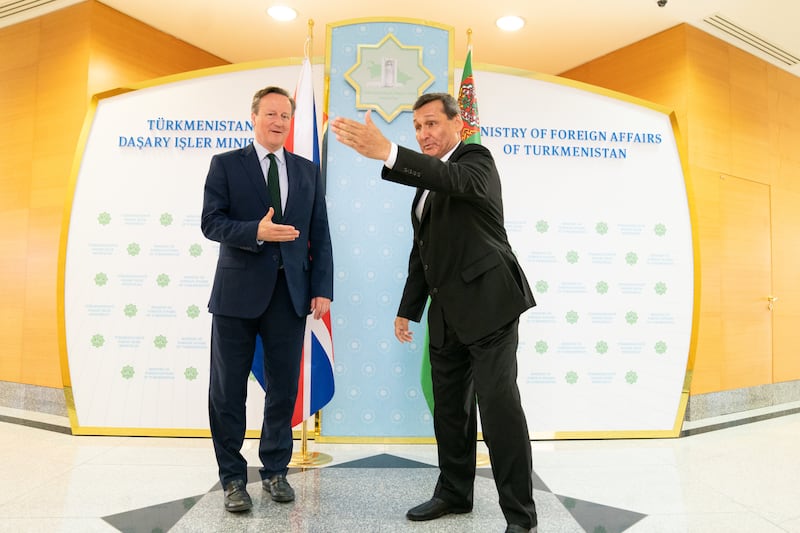LEGISLATION for an early general election on December 12 has cleared the Commons after MPs voted in favour by 438 to 20, majority 418.
MPs also rejected an attempt to alter the government's planned polling date.
The Commons voted by 315 to 295 to reject a Labour amendment for the election to be held on Monday December 9 – three days earlier than ministers wanted.
The vote effectively clears the way for Parliament to be dissolved on November 6 ahead of a general election on December 12.
It will now go to the House of Lords, but after being approved by MPs it is unlikely that it will be held up by the unelected upper chamber.
The one-page bill sets aside the provisions of the Fixed-Term Parliament's Act, meaning the government did not require a two-thirds "super majority" to get it through.
Earlier on Tuesday MPs gave their approval in principle to the one-line bill – which enables the election to take place – without a formal vote.
The opposition parties had wanted to bring forward polling day to cut off any possibility Prime Minister Boris Johnson could try to ram through his Brexit deal before Parliament is dissolved.
However, Downing Street warned it was not "logistically possible", while government sources accused the opposition parties of a deliberate attempt to scupper the whole election.
Shadow Cabinet Office minister Cat Smith had said Labour wanted a December 9 general election to ensure students could vote in their university towns and cities.
Speaking at the start of the committee stage of the Early Parliamentary General Election Bill, she told MPs: "Students must not be disenfranchised by an election date which will not allow them to vote in their term-time address.
"This is the address where they will be living for the majority of the year and where they rightly should be able to vote.
"Labour's amendment to fix the date of a general election for December 9 is the best possible way of ensuring the next general election is accessible."
However, Cabinet Office minister Oliver Dowden countered Labour's claim by saying: There is no substance to this point about students being disenfranchised. First of all, 70 per cent of students choose to vote at their home address, so it would not apply to them, and secondly, the top 40 largest universities, all of them will be sitting on the 12th, so I don't believe that there is any danger of disenfranchising."
He also said that there was no "strong argument" for not holding the election on a Thursday, which is the "convention" adding that the December 12 date gives Parliament more time to progress essential business such as the Northern Ireland Budget Bill – "necessary to access the funding the Northern Ireland civil service needs after October 31".
The Labour Party earlier failed to have its amendment to lower the voting age to 16 selected by Deputy Speaker Sir Linsday Hoyle. Another rejected amendment wanted to extend votes to EU nationals living in the UK.
Ahead of the vote the prime minister restored the party whip to 10 Tory MPs who were expelled last month. The 10 were among 21 parliamentarians who had the party whip removed last month after they backed a plan to block a no-deal Brexit.
Caroline Nokes, Greg Clark, Ed Vaizey, Margot James, Richard Benyon, Stephen Hammond, Steve Brine and Richard Harrington were welcomed back into the fold after a meeting earlier with Mr Johnson as he sought backing for his bill to trigger a December election.
Former Tory chancellors Philip Hammond and Ken Clarke, along with former justice secretary David Gauke, are among those not to have had the whip restored.
Sir Oliver Letwin, Justine Greening, Dominic Grieve, Rory Stewart, Guto Bebb, Anne Milton and Antoinette Sandbach also remain as independents.
Sam Gyimah, who was the first Tory MP to be stripped of the whip defected to the Liberal Democrats last month.
